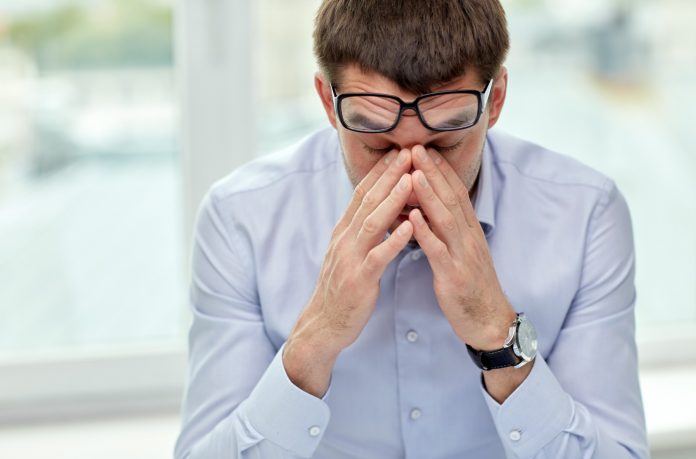It was one of the most anticipated days on the 2021 calendar – dubbed ‘Freedom Day’, after more than 100 days, NSW emerged from the marathon lockdown in the early hours of Monday morning (11 October).
The easing of Covid-19 restrictions brought excitement and a sense of new-found freedom for many – however, for others this may have also brought mixed emotions and feelings of anxiety as they contemplate reconnecting and re-emerging back into society.
While feeling anxious about finally being allowed out may seem contradictory (after all, is this not what we wanted?), according to health experts these feelings are normal and perhaps even to be expected.
Speaking with UNSW’s Emi Berry, Dr Suraj Samtani, Clinical Psychologist at UNSW Medicine & Health and Postdoctoral Fellow at the Centre for Healthy Brain Ageing (CHeBA), says “it’s very normal to feel anxious about socialising after being in lockdown for so many months”.
“Studies from other countries have found that a lot of people felt this way during the first few months of reopening after lockdown,” says Dr Samtani.
“Remember that you are not along in feeling this way.”
According to Dr Samtani possible reasons for feeling anxious about coming out of lockdown include anxiety about catching Covid and getting sick; anxiety about loved ones getting sick; loss of confidence in socialising.
“We know from other countries that people felt anxious about reopening for a few months and then their anxiety decreased naturally over time,” Dr Samtani is quoted as saying.
“If you are feeling anxious, start with small steps – like meeting one or two people outdoors – and repeat the steps until you feel more confident before moving on to medium steps.”
Dr Samtani also adds it’s important to carefully consider the Covid information you consume when contemplating socialising again, particularly if you’re feeling anxious.
“Don’t binge watch Covid news and don’t avoid situations if you know they are safe, but take things step by step,” advises Dr Samtani, adding that “avoidance leads to anxiety, but experience leads to confidence.”
“It’s important to have someone – like a friend, family member or health professional – you can confide in about your feelings and the changes that are happening,” continues Dr Samtani.
“Set up a routine with getting outdoors, exercising, and doing activities you enjoy.
“Helping others can also help us to reduce our anxiety. Reach out to a friend or family member who has been isolated.”
For more information on building resilience during the Covid-19 pandemic, visit: ncbi.nlm.nih.gov/pmc/articles/PMC7398149/
For help and support with mental health concerns, please reach out your healthcare provider or call:
- Beyond Blue 1300 224 636
- NSW Mental Health Line 1800 011 511
- Lifeline Australia 13 11 14
In an emergency call triple zero – 000.








